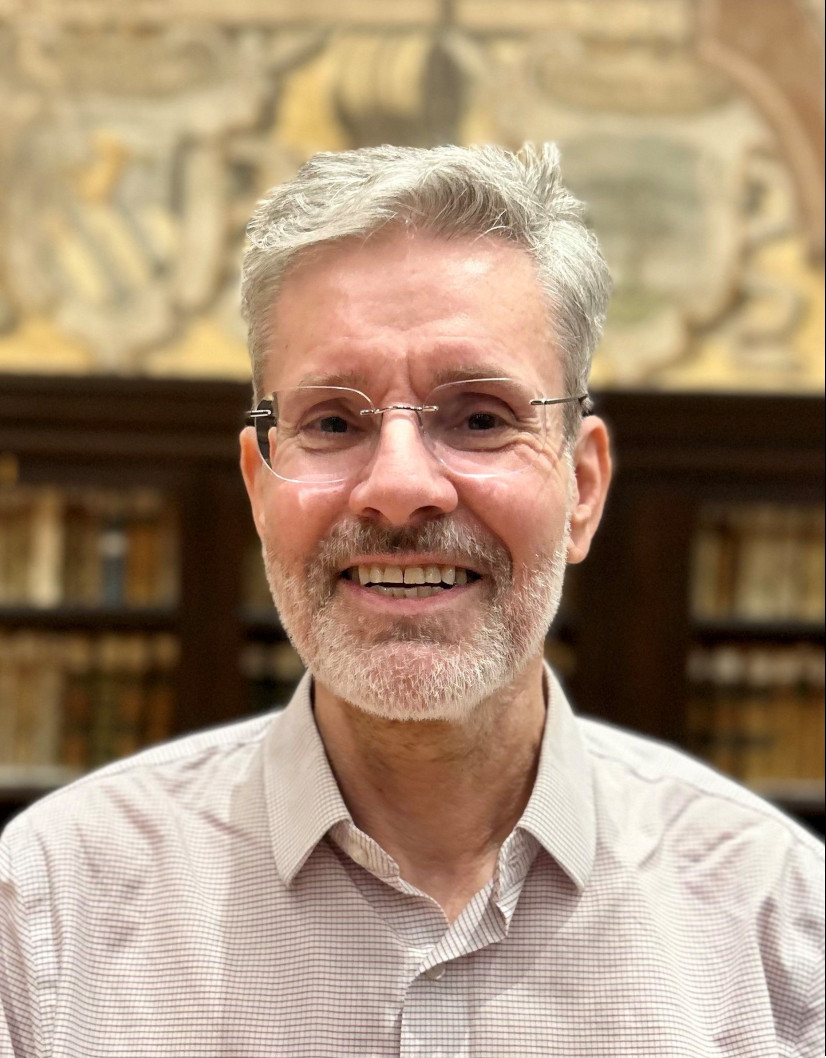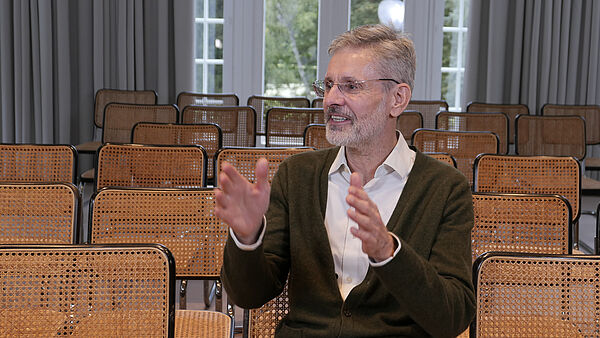
Andreas Føllesdal, PhD
Professor of Political Philosophy
Universität Oslo
Born in 1957 in Boston, Mass., USA
Studied Philosophy, Sociology, and Psychology at the Universities of Oslo and Uppsala and Philosophy at Harvard University
Arbeitsvorhaben
The European Court of Human Rights as Antidote against Authoritarian Populism
The European Convention on Human Rights and its Court were set up after World War Two to help states uphold democracy and the rule of law against backsliding. How can the Court perform these tasks in the face of two apparently conflicting challenges?The Court is now required to serve a subsidiary, deferential role granting states a discretionary “margin of appreciation.” The Court also faces a rise of authoritarian populist movements and governments that are reluctant to delegate authority, in particular to elitist international human rights courts staffed with foreigners, who constrain democratic majorities in favor of minorities that threaten their traditions and values – such as criminals, refugees, and religious, ethnic, sexual, or other minorities.
The project reviews and builds on recent contributions in political science, law, and political theory to provide 1) a more careful analysis of the sorts of reactions and pushback the Court faces; 2) a working definition of authoritarian populism; 3) the peculiar design challenges for an independent yet accountable ECtHR; 4) critical and constructive engagement with authoritarian populism to identify aspects that merit respect and accommodation; and 5) some strategies available to the ECtHR to render it more resilient and helpful against authoritarian populism – without treaty change.
– Since the application was written, there have been several insightful contributions to these topics, and the project may change due to them.
Recommended Reading
Follesdal, Andreas (1998). “Survey Article: Subsidiarity.” Journal of Political Philosophy 6 (2): 190–218. https://doi.org/10.1111/1467-9760.00052.
Follesdal, Andreas, and Simon Hix (2006). “Why There Is a Democratic Deficit in the EU: A Response to Majone and Moravcsik.” Journal of Common Market Studies 44 (3): 533–562. https://doi.org/10.1111/j.1468-5965.2006.00650.x.
Follesdal, Andreas (2020). “Survey Article: The Legitimacy of International Courts.” Journal of Political Philosophy 28 (4): 476–499. https://doi.org/10.1111/jopp.12213.
Kolloquium, 20.02.2024
Der Europäische Gerichtshof für Menschenrechte als verbesserte Immunisierung gegen autoritären Populismus
Nach dem Zweiten Weltkrieg verpflichteten sich die europäischen Regierungen, jeden zukünftigen Rückfall in den Totalitarismus zu verhindern. Daher vereinbarten sie, sich selbst – und die ihnen nachfolgenden Regierungen – an die Europäische Menschenrechtskonvention (EMRK) zu binden und sich von deren Gerichtshof (EGMR) überprüfen zu lassen.
Angesichts mehrerer populistischer und autoritärer Praktiken und Regierungen in Europa in den letzten zwanzig Jahren stellt sich uns die Frage, ob die Konstruktion des EGMR gut genug ist, und insbesondere: Wie kann er als Immunisierung gegen die aktuellen Bewegungen gegen Rechtsstaatlichkeit, Demokratie und Menschenrechte verbessert werden?
In meinem Vortrag möchte ich 1) einige Merkmale des autoritären Populismus, die für diese Frage besonders relevant sind, sowie einige mögliche Ursachen aufzeigen: jene Praktiken und Regierungen, die elitenfeindlich sind, bestimmten Minderheiten die Menschenrechte verweigern und die verfassungsfeindlich und antidemokratisch sind. Sie sind oft das Ergebnis (geschürter) Ängste vor einer gefühlten Benachteiligung in bestimmten Bevölkerungsgruppen: dem Verlust ihres relativen ökonomischen, sozialen, kulturellen oder politischen Status.
2) Wenn man genauer betrachtet, was der EGMR ist und wie er arbeitet, ist dieses Gericht angesichts solcher Praktiken anscheinend eine besonders schlechte Lösung: Es handelt sich um einen internationalen Gerichtshof, der in erster Linie Fälle entscheidet, die von Einzelpersonen gegen ihren eigenen Staat vorgebracht werden, wobei das Gericht die EMRK auslegt und sie unparteiisch auf den Fall anwendet.
3) Im letzten Teil meines Vortrags untersuche ich einige mögliche Reaktionen des EGMR, die mit seiner „gerichtlichen Funktion“ vereinbar sind:
– wir sollten seine „subsidiäre“ Rolle gegenüber den Staaten und ihren Völkern näher betrachten und den Anspruch herunterschrauben, er sei das „Gewissen Europas“;
– er sollte den Wert spezifischer nationaler Werte und Traditionen anerkennen – in gewissen Grenzen;
– der EGMR sollte seine Urteile eher als strategische Antworten auf die populistisch-autoritäre Kritik gestalten, er sei anti-majoritär etc.,
– und seine Urteile sollten die nationalen Förderer der Menschenrechte mobilisieren, einschließlich der Gerichte, Oppositionsparteien, Medien und zivilgesellschaftlichen Organisationen.
Publikationen aus der Fellowbibliothek
Føllesdal, Andreas (Leiden, 2025)
The European Court of Human Rights against authoritarian populism : why? And how?
Føllesdal, Andreas (London, 2025)
A democracy - if we can keep it : citizenship for nonliberals and terrorists?
Føllesdal, Andreas (Hoboken, NJ, 2025)
Subsidiarity and public reason : two cheers ar quite enough
Føllesdal, Andreas (Hoboken, NJ, 2021)
How many women judges are enough on international courts?
Føllesdal, Andreas (Oxford, 2020)
Survey Article : the legitimacy of international courts
Føllesdal, Andreas (Cambridge, United Kingdom, 2018)
Legitimacy and international courts Studies on international courts and tribunals
Føllesdal, Andreas (London, 2015)
Kantian theory and human rights Routledge innovations in political theory ; 56
Føllesdal, Andreas (Cambridge [u.a.], 2013)
Constituting Europe : the European Court of Human Rights in a national, European and global context Studies on human rights conventions
Føllesdal, Andreas (Oxford, 2006)
Why there is a democratic dificit in the EU : a response to Majone and Moravcsik

